Media and Democracy
The essentially participative nature of democracy is what makes it communication dependent so media becomes the tool of choice for disseminating the good work required to nurture democracy. Media is increasingly succumbing to becoming a tool of elite interests preoccupied with ideological control of social political and economic environments. The rich diet of political ideas is slowly deteriorating to sensationalism and voyeurism in almost sinister manner by the powers vested in fewer and fewer elitist groups. This becomes more important in new democracies and older democracies that need to be revitalized and protected. In both democratic and authoritarian political circumstances the news products is getting homogenized offering little by way of divergent perspectives. The consequent information deprivation that ensures is linked to an impoverished public discourse that is antithetical to the democratic process. The electorate and the institutions of power and authority are impacted by the way media conducts itself and provides the necessary information to citizens to facilitate informed decision making and to participate in the democratic process. The argument is that events topics need to be infused with ideological perspectives to provide large diversity and contribute vigorously to creating a free marketplace of ideas rather than homogenizing it to naturalize a distorted reality by consumerism perpetuating myths and narratives. What is required in effect is that media democratization is the institutional organization of public communication so as to enable all groups and sectors in society place ideas and elements of culture into general circulation and to participate in constructing public cultural truth.
Get it now and save 10%
BECOME A MEMBER

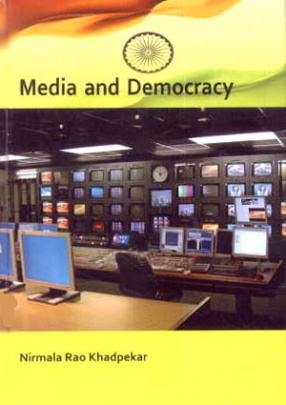
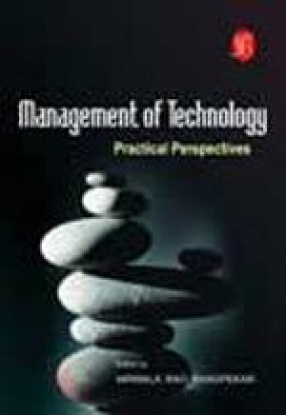

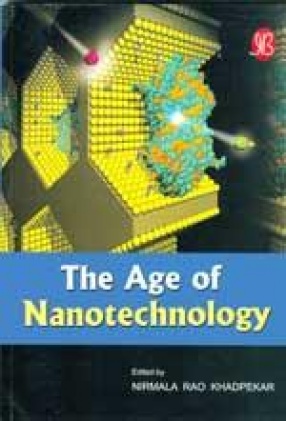

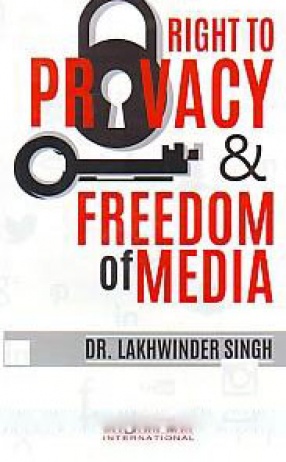

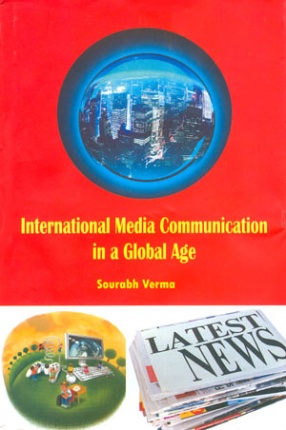
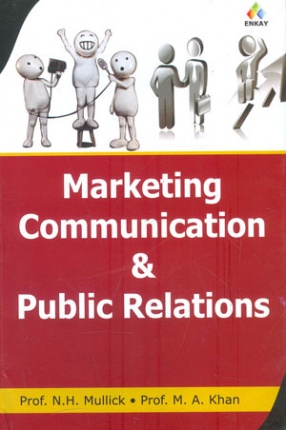

Bibliographic information